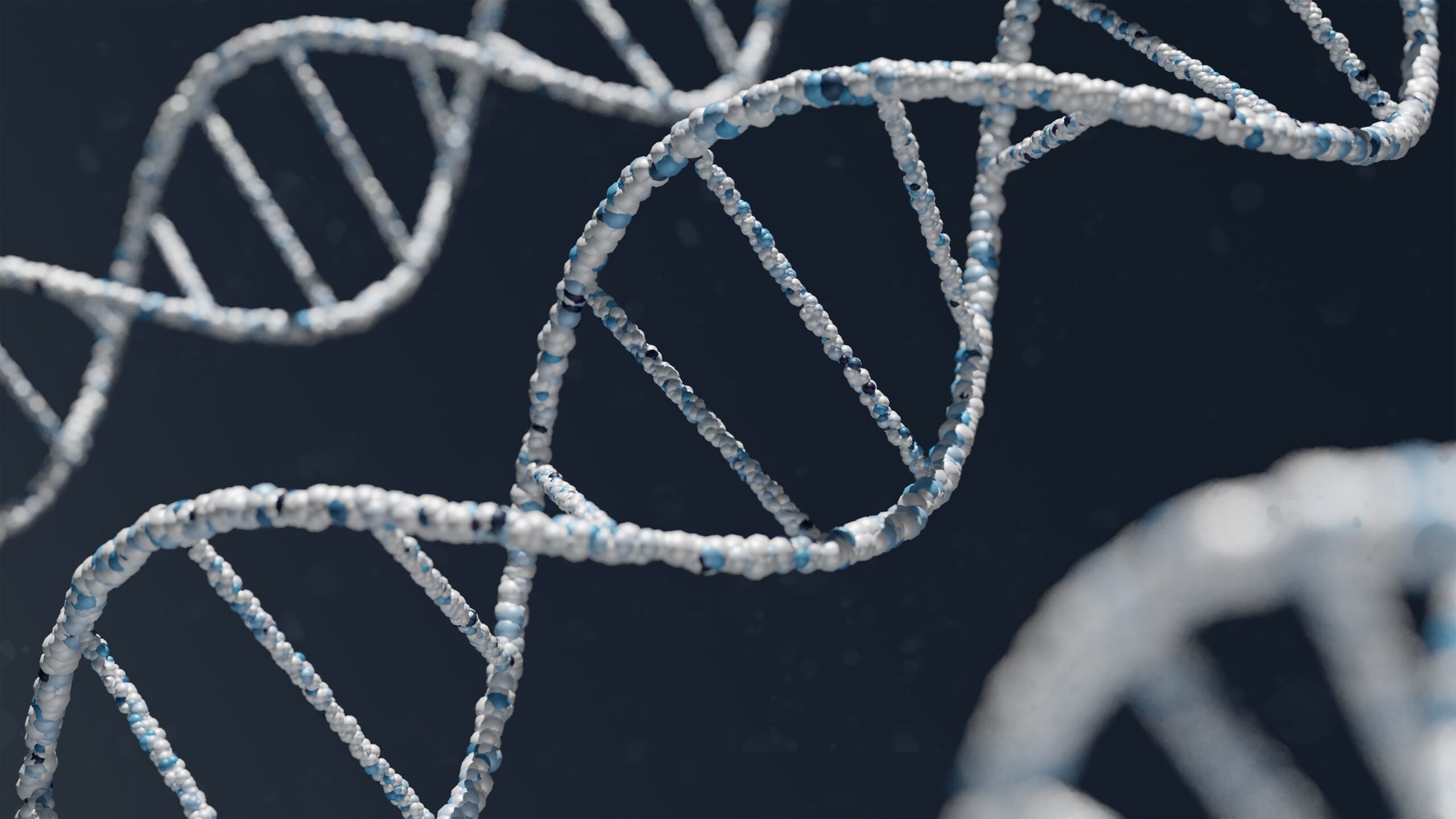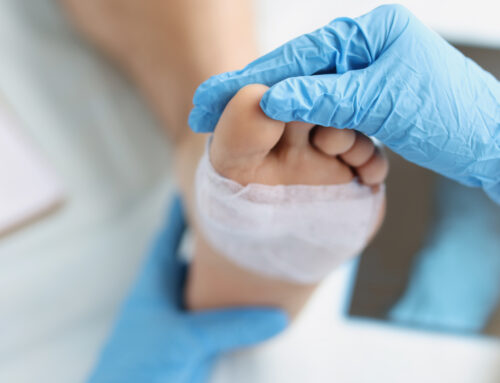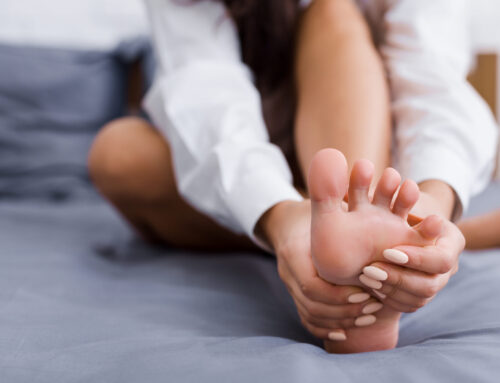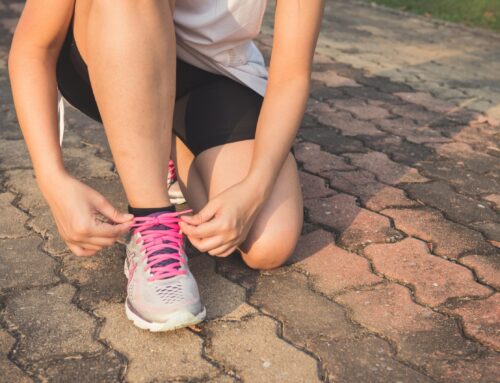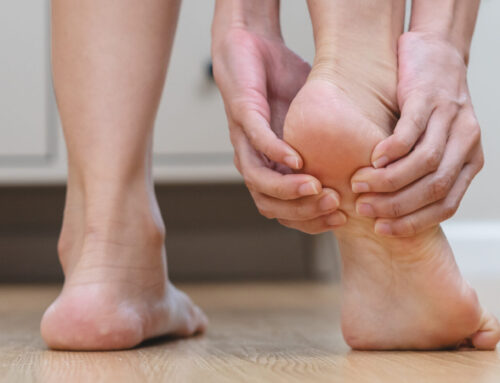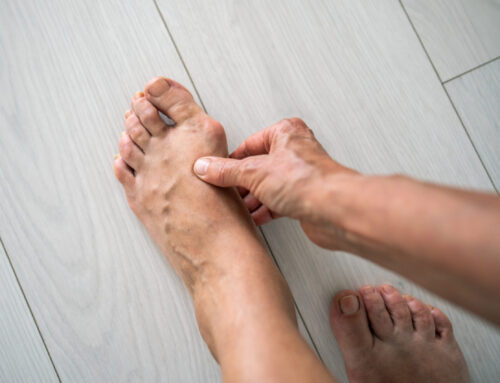A bunion is a painful lump that develops in the joint connecting the big toe to the foot. As the bump grows, it forces the big toe to point in towards the other toes, and the base of the big toe is forced out to the side. The skin covering the bunion often gets red and sore.
The deformity of the big toe can make wearing regular shoes uncomfortable, and walking can become painful. The first signs that a bunion may be forming includes:
- A lump forming on the outside of the big toe
- Swelling and soreness around the big toe joint
- Limited movement in the big toe
These symptoms typically progress over time and are often aggravated by footwear or activity. However, a common question remains: Are bunions genetic?
How Do You Get a Bunion?
One of the most frequently asked questions we hear is: are bunions genetic or caused by other factors like shoes or arthritis? It’s not yet clear why some people get bunions and others don’t. The type of shoes one wears, arthritis, and even genetics have all been suggested as causes for bunions. However, some people will get bunions even though they don’t have arthritis. You may also get a bunion even though you always make sensible shoe choices.
Are Bunions Genetic or Caused by Lifestyle?
The debate about exactly what conditions can bring on a bunion is ongoing, and it is still unclear. Many people ask whether bunions are genetic, but no genes specific to bunions have been found in the human genome. However, there is still the possibility that genes for other foot conditions can create a hereditary predisposition to bunions.
Hypermobility is thought to be a condition that is favorable for bunion formation. In someone with hypermobility, the ligaments are loose and cannot hold the metatarsal firmly in place.
A tight Achilles tendon is another theory about how people may be genetically predisposed to getting a bunion.
Hypermobility and a tight Achilles tendon are both genetic conditions and nothing to do with physical problems such as ill-fitting shoes.
So when asking are bunions genetic, the answer is that you may inherit the foot mechanics that lead to bunions, even if the bunion itself isn’t directly passed down. While genetics probably does not play a direct role in bunion formation, other foot conditions may make you more prone.
If you’re dealing with bunion pain or wondering, “are bunions genetic and what can I do about mine?,” look no further than a free consultation at Northwest Surgery Center, where bunion treatment is fast and almost pain-free.

Reviewed By Dr. Sullivan
Dr. Jordan Sullivan, DPM, is a board-certified podiatrist at Northwest Surgery Center specializing in minimally invasive foot and ankle procedures. He’s passionate about helping patients get back on their feet faster with less downtime.
Learn more about Dr. Sullivan here.
